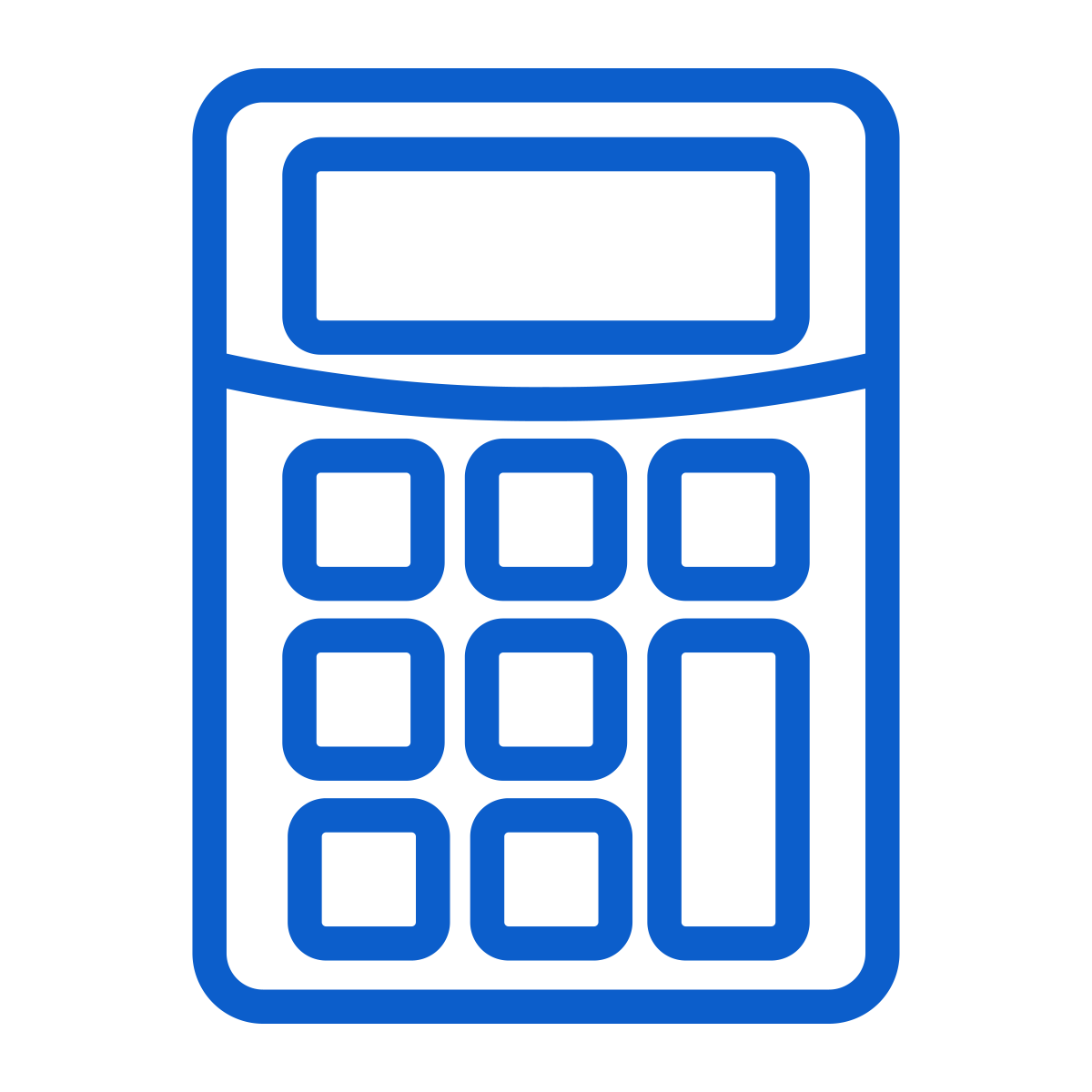Search for COVID-19 Information Here
Q: If I test positive for COVID-19, do I have to tell the contact tracer everyone I was in close contact with?
No. Your contact tracer may either ask for names to notify those contacts or you may be instructed by the contact tracer on how to notify your contacts yourself. Your help is the key to stopping the spread of COVID-19 and protecting your loved ones.
If you tested positive, you may have spread the virus to others without knowing it. Those individuals could now be infected and putting their loved ones at risk.
That's why if you test positive, we ask you to share your close contacts –anyone you spent 15 minutes or more with over a 24-hour period and were within 6 feet of while you were infectious (2 days before onset of symptoms to 10 days after) – solely for the purpose of helping those people get tested or quarantine as they could be infecting others.
Your information is confidential. Your name will not be released to your any contacts you mention contacts or your COVID-19 status – that information will only be known to public health officials and our local health department partners, if needed.
Contact tracing goes hand in hand with testing, and is critical to supporting patients with suspected or confirmed infection. For COVID-19, the ability to scale our contact tracing capacity is how we will break the chain of transmission, slow community spread, and restart the economy – but we cannot succeed without your help. stopping the spread of COVID-19 and protecting your loved ones.
Q: If I'm exposed, will I be forced to separate from others who have not been exposed? What if I'm a single parent or living with another family?
Individuals who may have been exposed to COVID-19 are expected to follow the direction of public health officials when asked to self-quarantine.
Self-quarantine means that you will stay in your home as much as possible so that you don't infect others. Your family members will stay with you. However, there are things you can do to help ensure that your family isn't infected and contact tracers can provide more information about how to do that.
If you need additional support, please call 2-1-1 or your local health department.
In addition, 2-1-1 can help you learn more about community support available to you such as job security, unemployment, child care resources and food assistance such as SNAP.
New Jersey has taken steps to protect workers during the COVID-19 pandemic. For those unable to work due to Covid-19, they may use their accrued earned sick leave. Learn more about Covid-19 workers benefits and protection here: https://www.nj.gov/labor/worker-protections/earnedsick/covid.shtml.
Q: Will they put any kind of sticker, sign or poster on my house so others know I may have been exposed and should be quarantined?
No.
Your information is confidential. Your name will not be released to your contacts or your COVID-19 status – that information will only be known to public health officials and local health department partners, if needed.
Q: Will NJ allow other third-parties to access the information? If so, which ones and for what purposes?
No. Third-parties will not have access to the personal information you share.
We have placed strict limits on the contact tracing program – we collect limited data (only what is needed to keep you and your close contacts safe), use it for limited purposes (stop the spread of COVID-19), and limit who it is shared with (public health officials and our local partners).
Q: How did a contact tracer get my name and phone number?
Contact tracers are calling individuals who have tested positive for COVID-19 or may have come in close contact with someone who tested positive for COVID-19.
Individuals who tested positive for COVID-19 work with a contact tracer to list all of their close contacts – anyone who was within six feet of them for more than 15 minutes within a 24-hour period starting two days before they first had symptoms.
The person who tested COVID-19 positive then gave your number to a contact tracer, so they could reach out solely for the purposes of letting you know about the risk to you and the need to self-quarantine. This will help limit exposure to your family and others if you develop symptoms.
Q: How will I know if the person calling me is an official contact tracer and not a scam? Is there a way to verify it is not a scam?
Contact tracers will reach out via phone, text message, or letters mailed to your house Contact tracers will provide their name, agency, and a phone number.
When a contact tracers reaches out, it is to let you know about the risk to you and your family and what you can do to protect your loved ones and community.
A contact tracer will never ask for your social security number. A contact tracer will never ask for confidential financial information like your bank or credit card number.
A contact tracer will never ask about your immigration status and ICE will not be notified about your location.
If someone is requesting personal information covered above, it is likely a scam. You can report these calls online to the New Jersey Division of Consumer Affairs or by calling 973-504-6240.
If you have any doubts about the legitimacy of your conversation with a contact tracer, you may hang up and call your local health department. You should also feel free to request the name and ID of anyone who calls.
You can find your local health department's contact information through the Department of Health's directory.
To learn more about scams and distinguish between facts and rumors/disinformation about the COVID-19 pandemic visit the New Jersey Office Homeland Security and Preparedness' Rumor Control and Disinformation page.
Q: Is my cell phone being tracked or my GPS location followed?
No. An individual's cell phone is never tracked, a GPS location is not followed, and geolocation data is not collected or used.
Contact tracing relies on individuals sharing who they may have come into close contact with and who may have been infected with COVID-19.
Q: Will I be asked about my immigration status and will ICE be notified about my location?
No.
You and the information you share will not be used for the purposes of law enforcement or immigration enforcement in any way. In addition, it will not negatively affect your public charge assessment or be used to deny access to health care or any other essential service.
Q: Can my employer fire me if I was told to quarantine and am not able to go to work?
On March 20, 2020, Governor Murphy signed a law that prohibited an employer from firing or otherwise punishing an employee who requested time off or took time off from work based on a medical professional's determination that the employee had, or was likely to have, COVID-19.The law has expired and only applies to actions taken during the public health emergency, from March 20, 2020 through June 4, 2021. Learn more here.
If you are currently unable to work due to COVID-19 or must take care of a loved one or a child, you may use earned sick leave.
NJ employers of all sizes must provide full-time, part-time, and temporary employees with up to 40 hours of paid sick leave per year so they can care for themselves or a loved one, including for COVID-19 testing, illness, quarantine, or vaccination.
In addition, depending on your situation, you may be eligible for Temporary Disability Insurance or Workers' Compensation. To learn more, refer to the NJ Department of Labor's COVID-19 Worker Benefits and Protections page.




